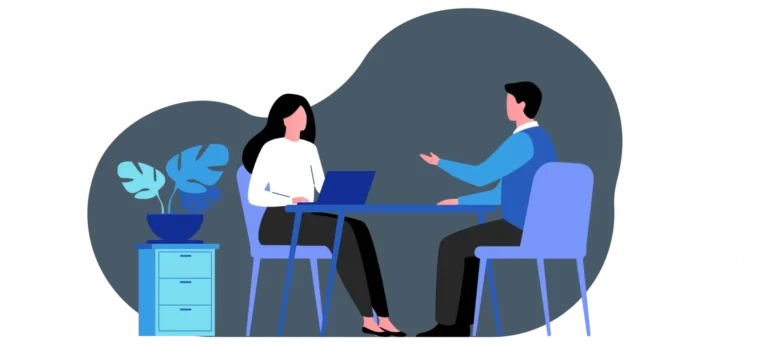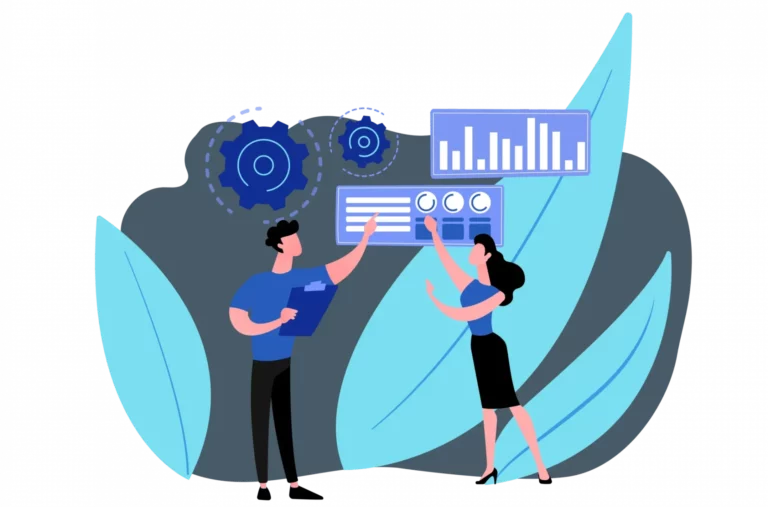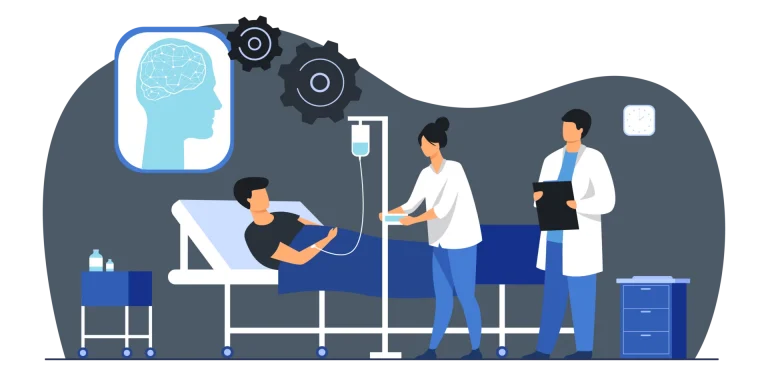A customer asked our company for the improvement of an already existing vision system designed for soldering inspection. The original solution was implemented as a classic OCR (object recognition), which aimed to identify incorrect soldering and subsequently sort these products. The original system had a lot of false positive results. The original solution did not meet the requirements for quality standards. Our project dealt with the research and development of a solution based on artificial intelligence for enhancing accuracy. These were crucial for quality standards.
Our challenge and objectives
Our team dedicated to this project created a new solution, which consists of a camera system and deep neural networks. Our goal was to identify and improve algorithms to increase accuracy with the same product inspection.
Our solution
The new quality control system enabled a fast and efficient defectoscopy of the soldered bulbs. This system operates continuously and achieves more than 90% reliable accuracy. The system we created to increase the quality of the output product ensures that the solder bulbs meet the industry’s high-quality standards in the final test. In the project, we focused on using deep neural networks for the identification and quality control of soldering on light bulbs.
Project complexity
Size
2/6
Financial complexity
2/6
Time complexity
1/6
Complexity
6/6
Customer benefit
Well, the pity is that after researching and creating a prototype, our customer’s parent company decided to continue with the implementation in Germany. Our know-how and techniques are automated in automated production, where cameras scan every solder joint on the bulb. These images are then processed using deep neural networks that can detect the presence of defects and errors. The system designed in this way ensures reliable quality control and increases the efficiency of the production process. The system provides an accuracy of more than 90%.









